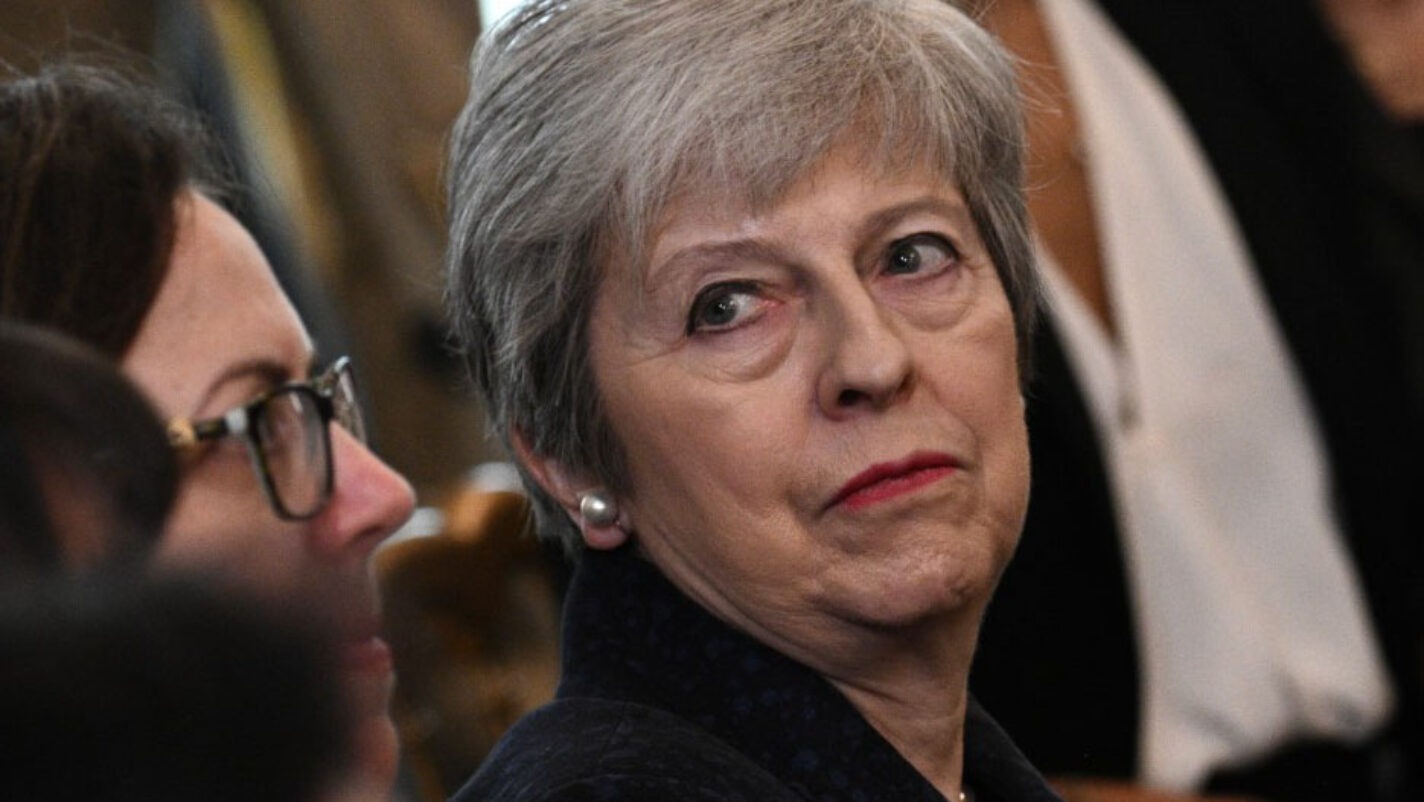Theresa May served as the Prime Minister of the United Kingdom for three years, from July 13, 2016, to July 24, 2019. During her tenure, she faced the challenging task of navigating the country through the complexities of Brexit following the referendum in June 2016, in which the majority of voters opted to leave the European Union.
After stepping down as Prime Minister, May continued to represent Maidenhead in Berkshire, a position she held for 27 years. However, she recently announced her intention to resign as a Member of Parliament (MP), marking the end of her long parliamentary career.
May’s decision to step down as an MP comes amid a wave of resignations from various political figures ahead of the next general election.

With 95 MPs already announcing their intention to resign, including notable former ministers such as Chris Grayling, Sajid Javid, Ben Wallace, Matt Hancock, Dominic Raab, and Kwasi Kwarteng, May’s departure adds to the growing list.
While May’s precise reasons for standing down as an MP may vary, it’s common for politicians to retire from active political life after serving in high-profile roles like Prime Minister.
After years of dedicated service to her constituents and the country as a whole, May may have decided that it was time to step back and pursue other interests or opportunities outside of politics.


